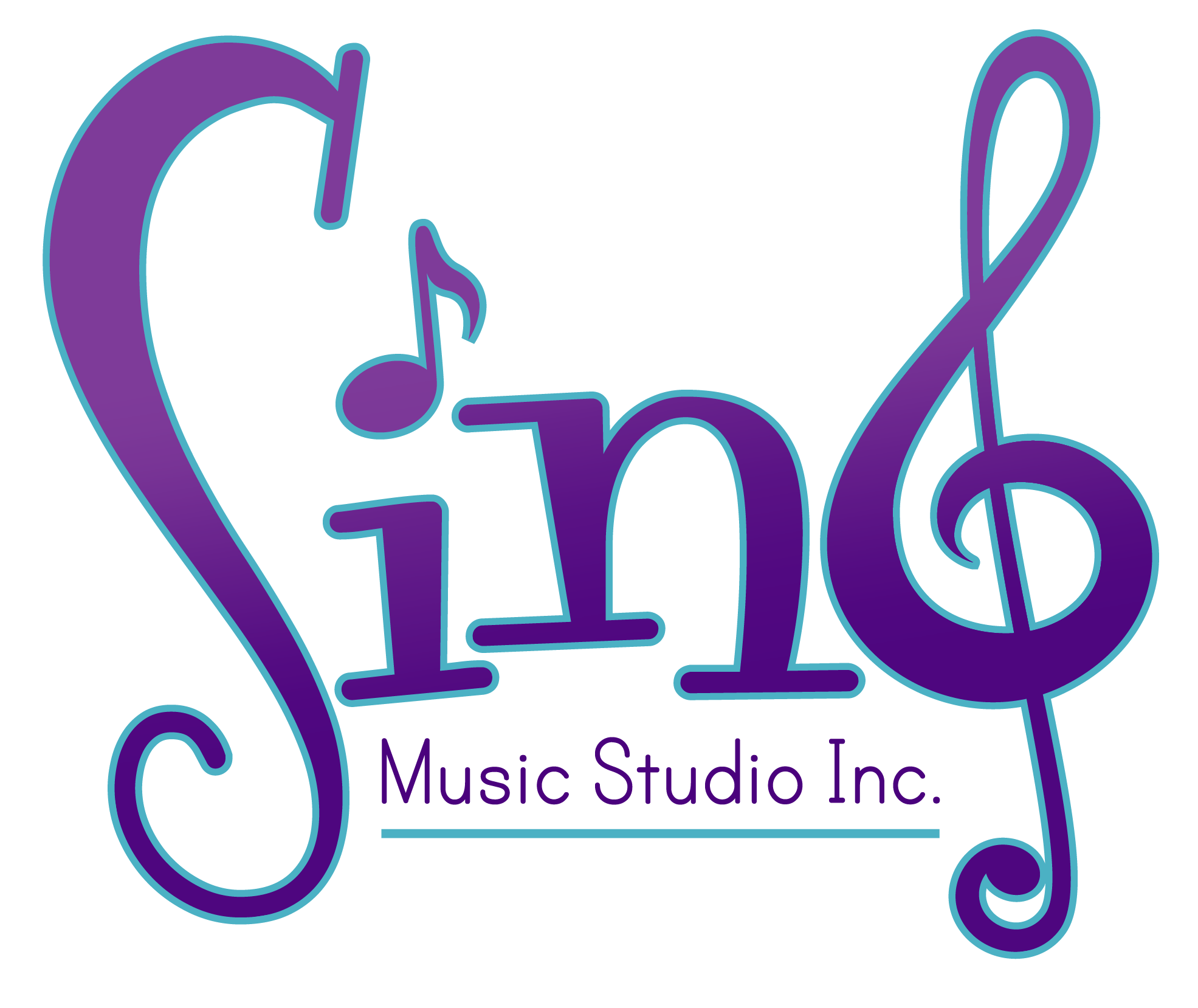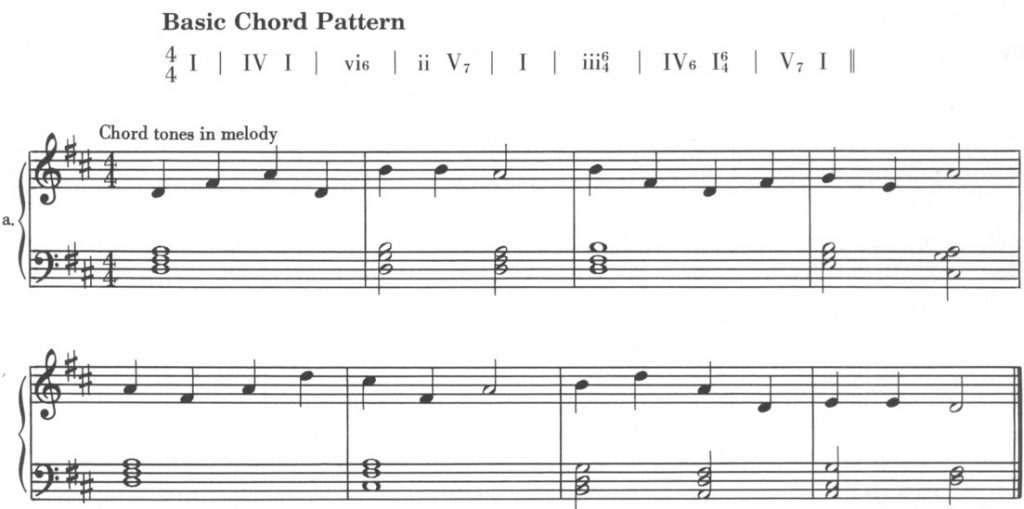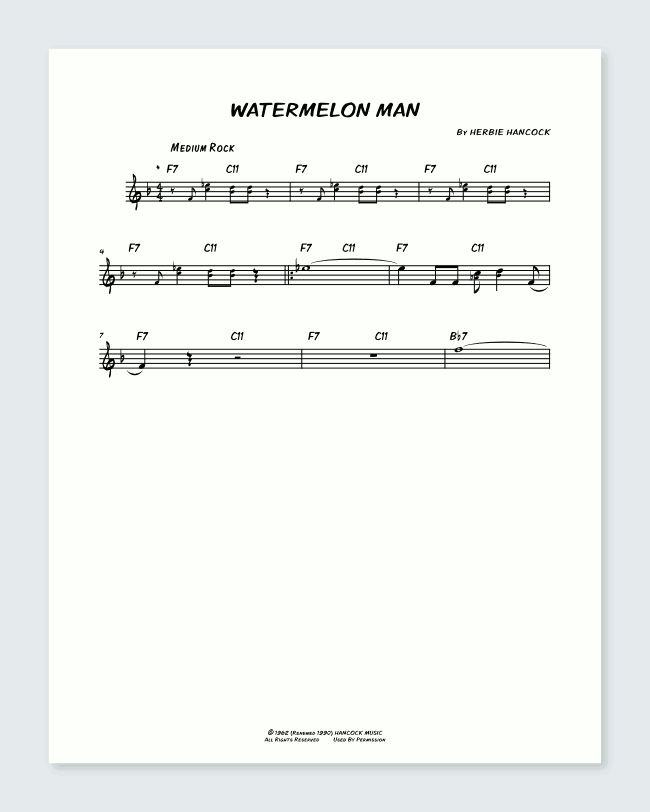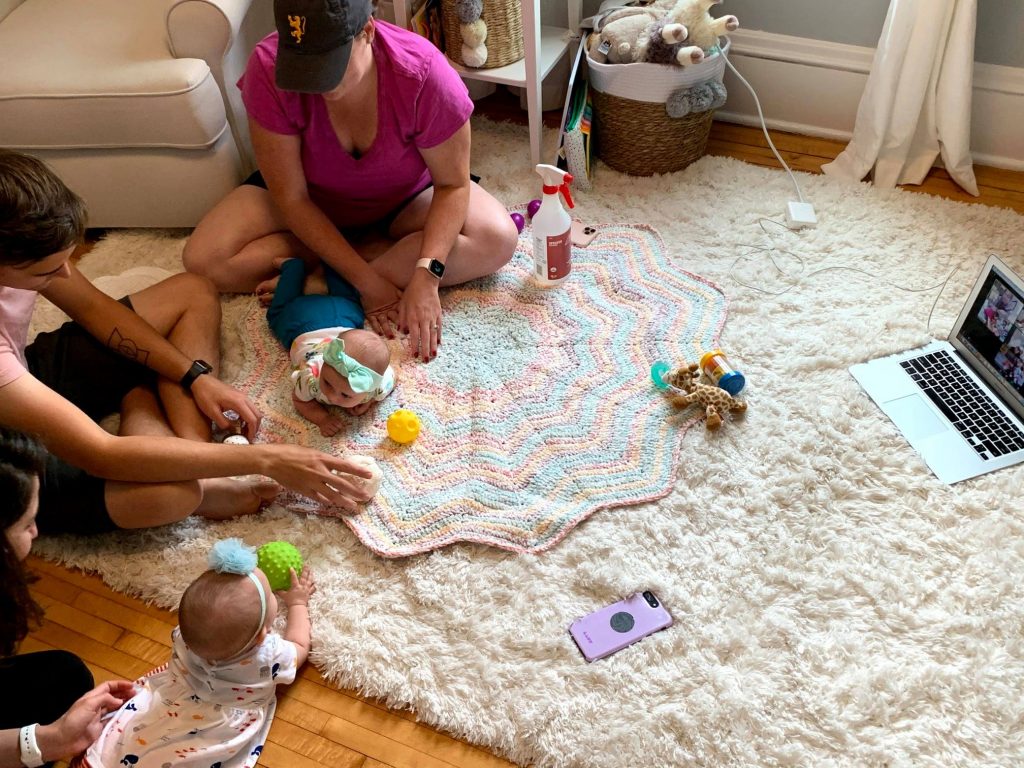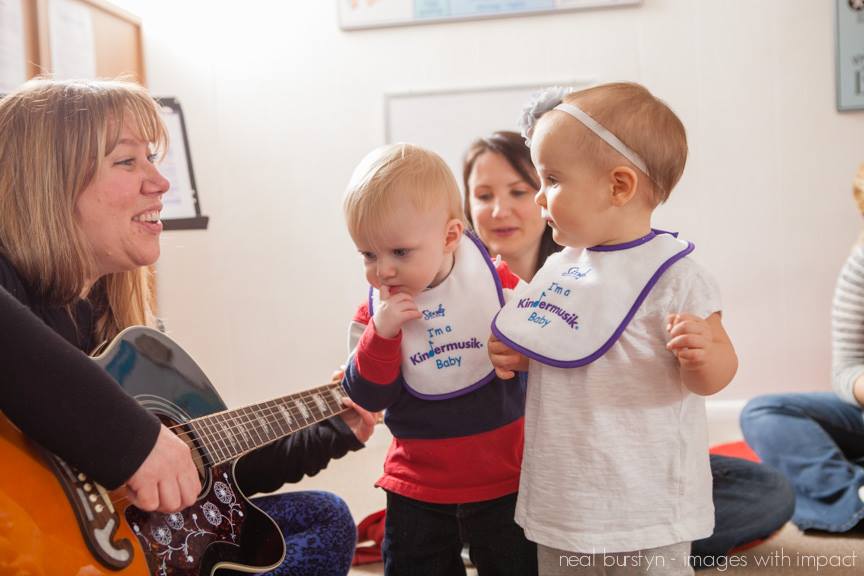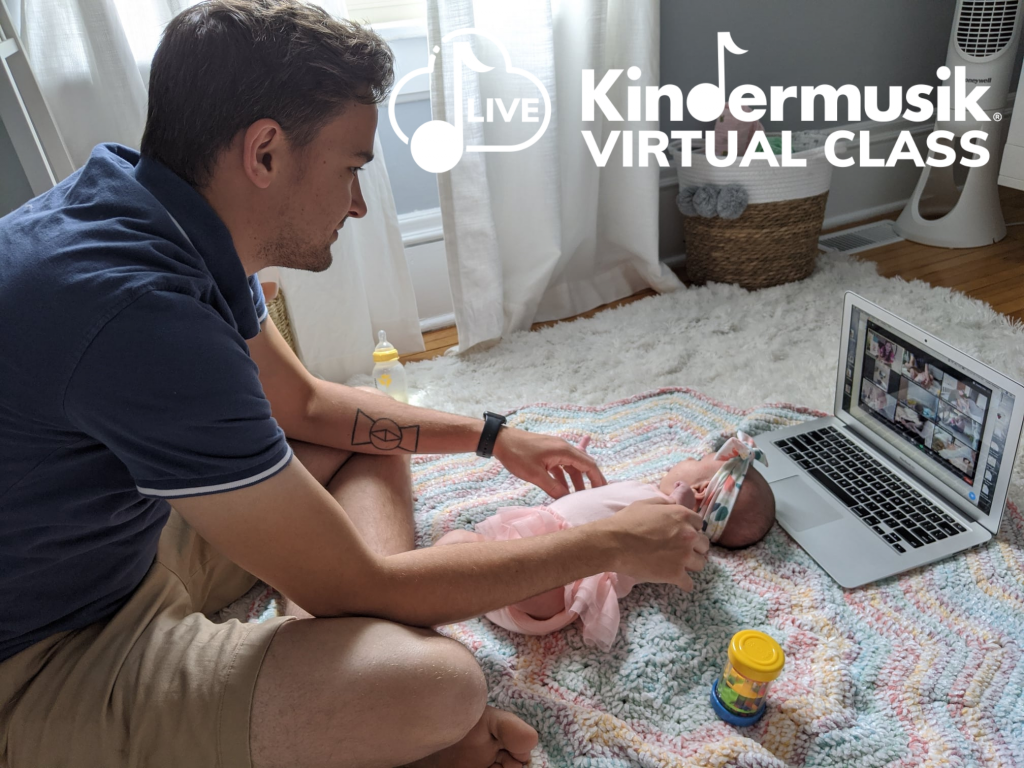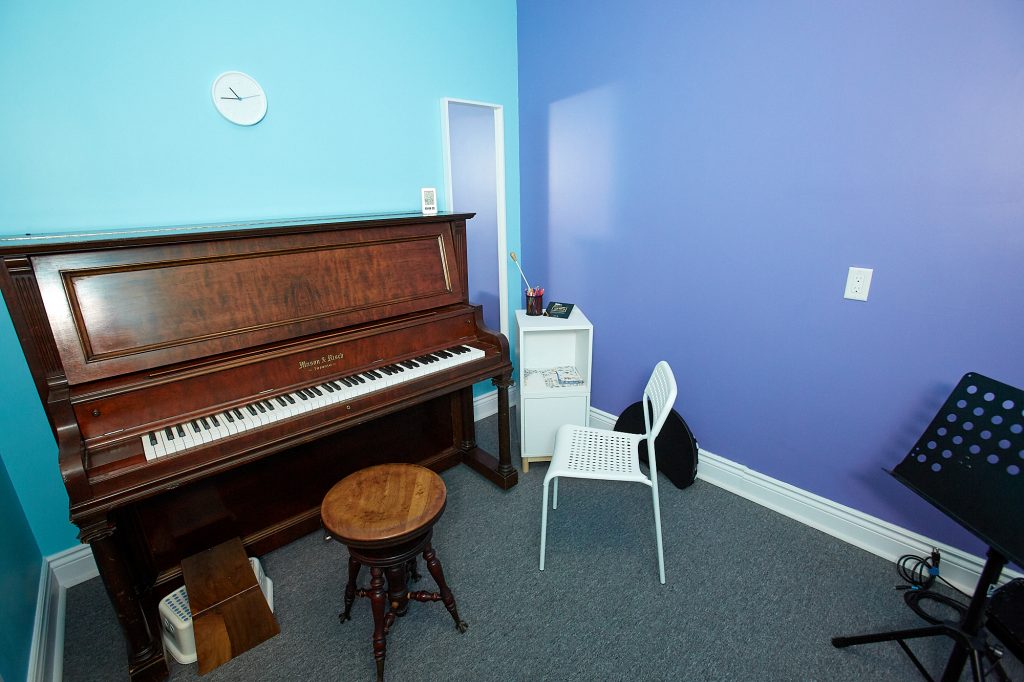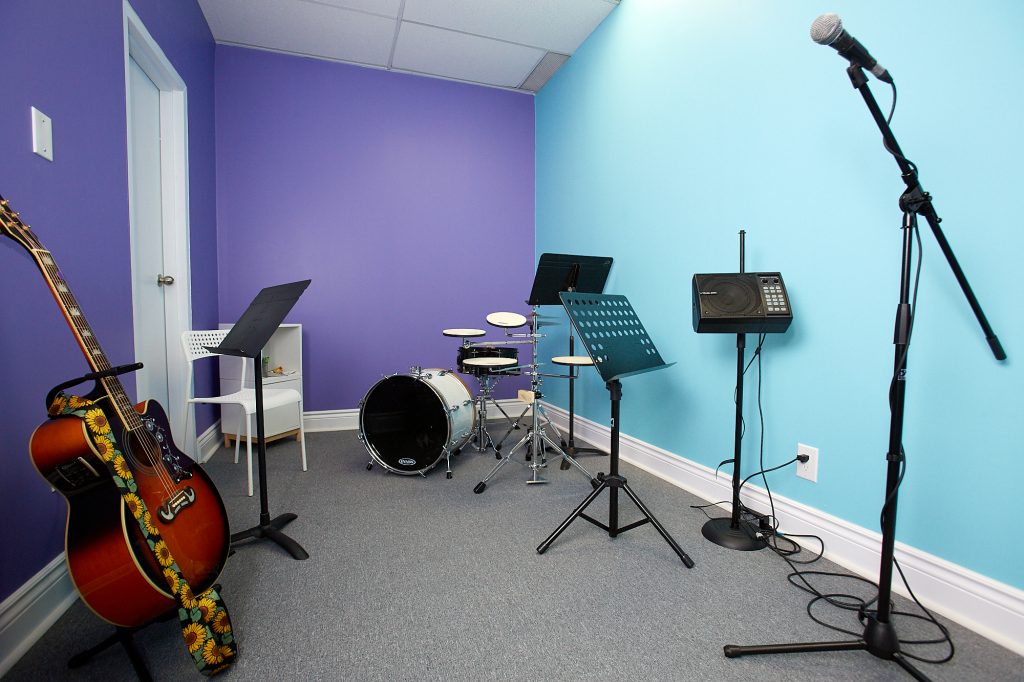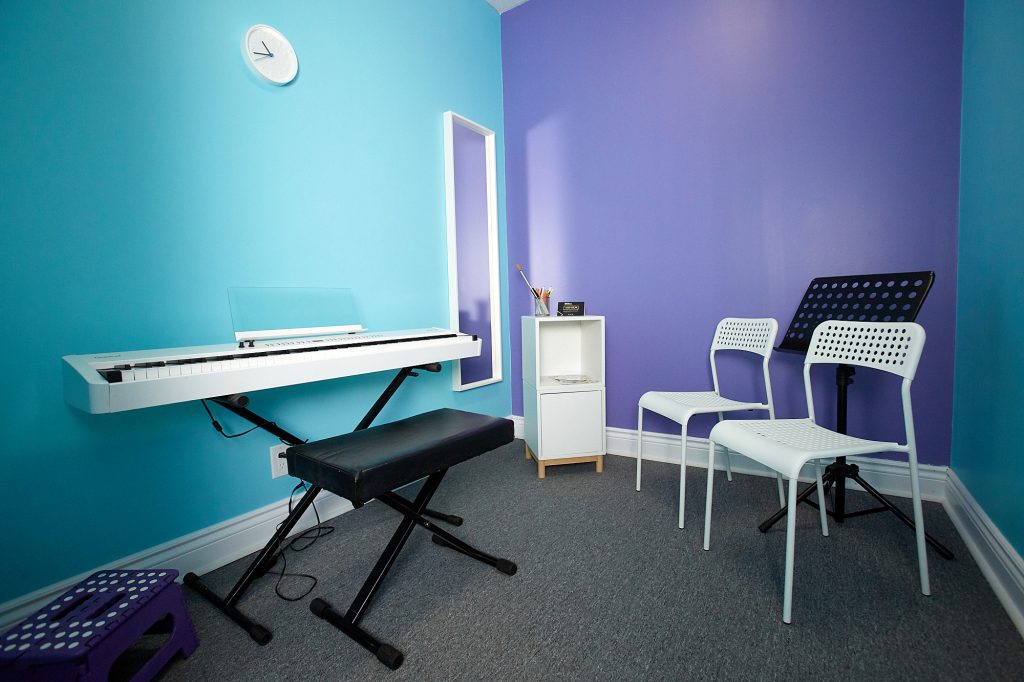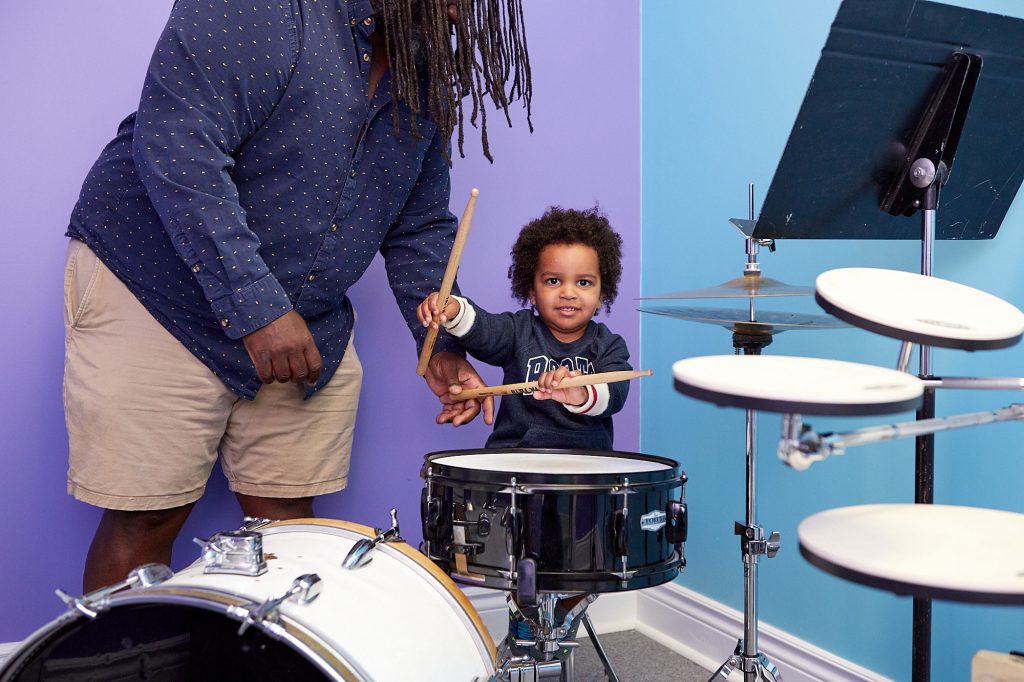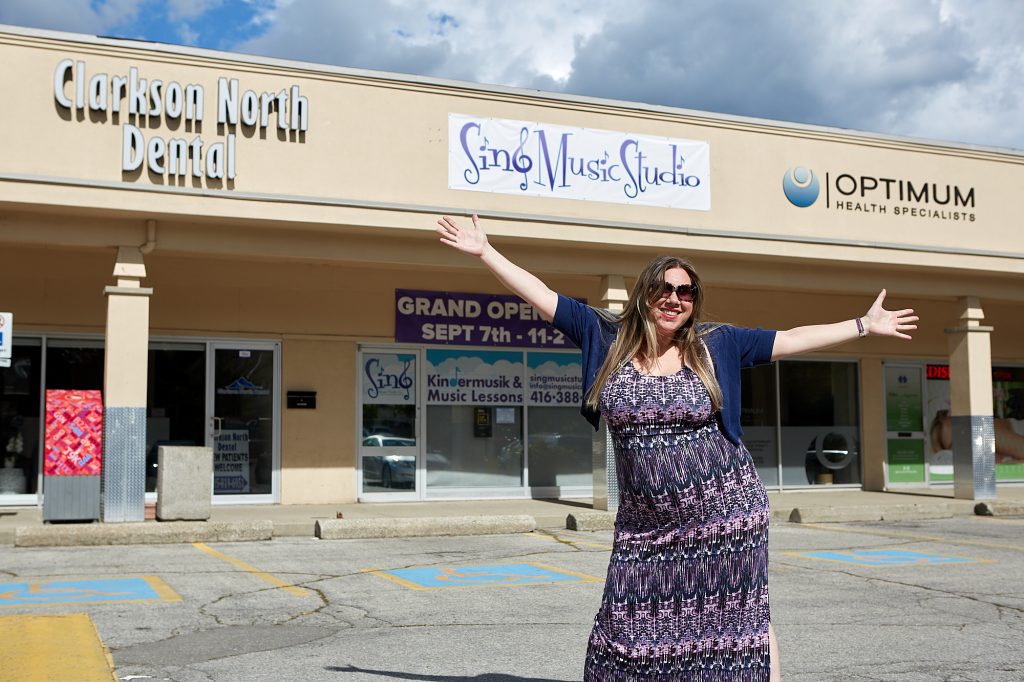At Sing Music Studio, we welcome young children and elementary students into our fun and educational Kindermusik classes. These are great gateway into piano lessons in Mississauga, drum lessons, guitar lessons, singing lessons, and more. Get in touch if you would like to enroll or receive more information.
Should You Enroll Your Child in Kindermusik?
Yes, Kindermusik is a wonderful opportunity for young kids to make friends, discover music, and incite curiosity in various musical instruments. Music lessons are much more effective when a child wants to learn – and there’s no better way to implant a desire to learn music than Kindermusik classes. Students won’t feel like they are taking a formal lesson, and classes are similar to play time, but we still aim for excellence in our classes and your child will learn valuable musical concepts.
What Is Kindermusik?
Kindermusik is a proprietary learning system developed by childhood education experts. It involves improvement of the whole self – your child will develop socially, physically, and cognitively. They will discover music through games, rhythm, various instruments, and introductory concepts, and it’s a fantastic gateway into private music lessons on an instrument.
Things To Keep In Mind When You Bring a Child to Kindermusik at Sing Music Studio
Our Virtual Kindermusik Foundations class for parents of babies under 6 months is coming up! Here’s an important list of 5 things to know before you arrive:
- Baby can be easily fed on demand privately without missing any of the in-class experience by simply turning off the camera or turning away the camera while feeding.
- Join us while baby is awake and alert or crib-side while baby sleeps. You will gain plenty of invaluable information in this class whether baby is awake or asleep.
- If you have older children, they can easily join in with their own doll or play on their own. No need to get a sitter during class time.
- Sweats, no make-up… no problem! Be comfortable and join as you are.
- We recommend purchasing the baby instrument set (includes mirror, ball, shaker, bell, scarf) from the www.kindermusik.com store. Or alternately having similar items (that can be homemade) on hand during the class.
Click here to enroll now if you haven’t done so already!
Benefits of Kindermusik
Kindermusik Benefits Special Needs Children
Throughout the 9 years I have been teaching Kindermusik and school music programs, I have most definitely worked with different special needs children. The majority of my experience has been in preschool and in-school settings where classroom teachers and one-on-one aides for the special needs children have been involved in the music classes. I’ve always been impressed with how music reaches these children.
This school year, I have been so fortunate to be working with 4 different special needs children in my Kindermusik classes at varying ages and stages – the highest number of special needs children I have ever had in my own studio space in one school year. Some of these children need aides with them, some do not. Over the course of a few months I have seen so many changes and improvements in all of these children, it really is mind-blowing. I was already so aware of what a strong impact music has on learning and development in ALL children. But seeing the incredible changes that have taken place in these particular special needs children (some in just 2 short months) just solidifies to me that much further how strong an impact music has on us. These children have come leaps and bounds in focused attention, social skills, language development, following direction and so much more. I adore having each of these wonderful children, along with all of the other completely accepting and wonderful children in my classes.
How lucky I am to be able to see firsthand how a program like Kindermusik can so positively impact so many. I don’t think I could love my job any more.
Kindermusik Helps Children Learn To Listen
\\These students have come so far from where they began! Now in the fourth and final semester of the Kindermusik for the Young Child program, they grew, changed and learned so much! Thinking back to their first CRAZY class together, with short attention spans, barely being able to sit still throughout one short activity, everyone talking over each other and wanting to just run around, hardly able to contain their excitement… It’s pretty amazing to see how focused this group of children now is. In this video they clearly demonstrate their ability to listen, respect each other, help each other and respond to specific cues as they create the musical sound effects along with this somewhat lengthy story – lengthy for 7 year olds anyway! Great job kindermusik kids!
Learn Balance and Coordination – Vestibular System
A hammock gently swaying in a warm ocean breeze or the quiet creaking of a porch swing in the dappled afternoon sunlight can bring thoughts of a little life balance in an increasingly complex world. As a parent of a child under 2, however, the nursery glider moving back and forth at 10:16pm, 2:01am, and 5:34am might be the closest you can get to that beach or front porch. It can work in a pinch though!
All that nursery rocking reinforces balance of a different kind in your child. The rocking, swaying, and movement stimulate your child’s vestibular system, the part of the brain that controls balance. In Kindermusik class, we rock to lullabies, bounce on knees, and even make hammocks out of blankets to help lap babies and crawlers begin to develop their sense of balance and to reinforce balance and stability in young walkers.
Everyday connection: Rock on! Try out some of the rocking moves from class at home. If your child feels nervous about hammocking in class, try it at home where she feels most comfortable. Think of different ways you can hold your child as you rock or bounce together.
Your Child Will Play On a Variety of Instruments
See Mandi’s helpful video on the variety of instruments your child will experience in our Kindermusik courses:
For more information about music lessons in Mississauga at Sing Music Studio, get in touch!
